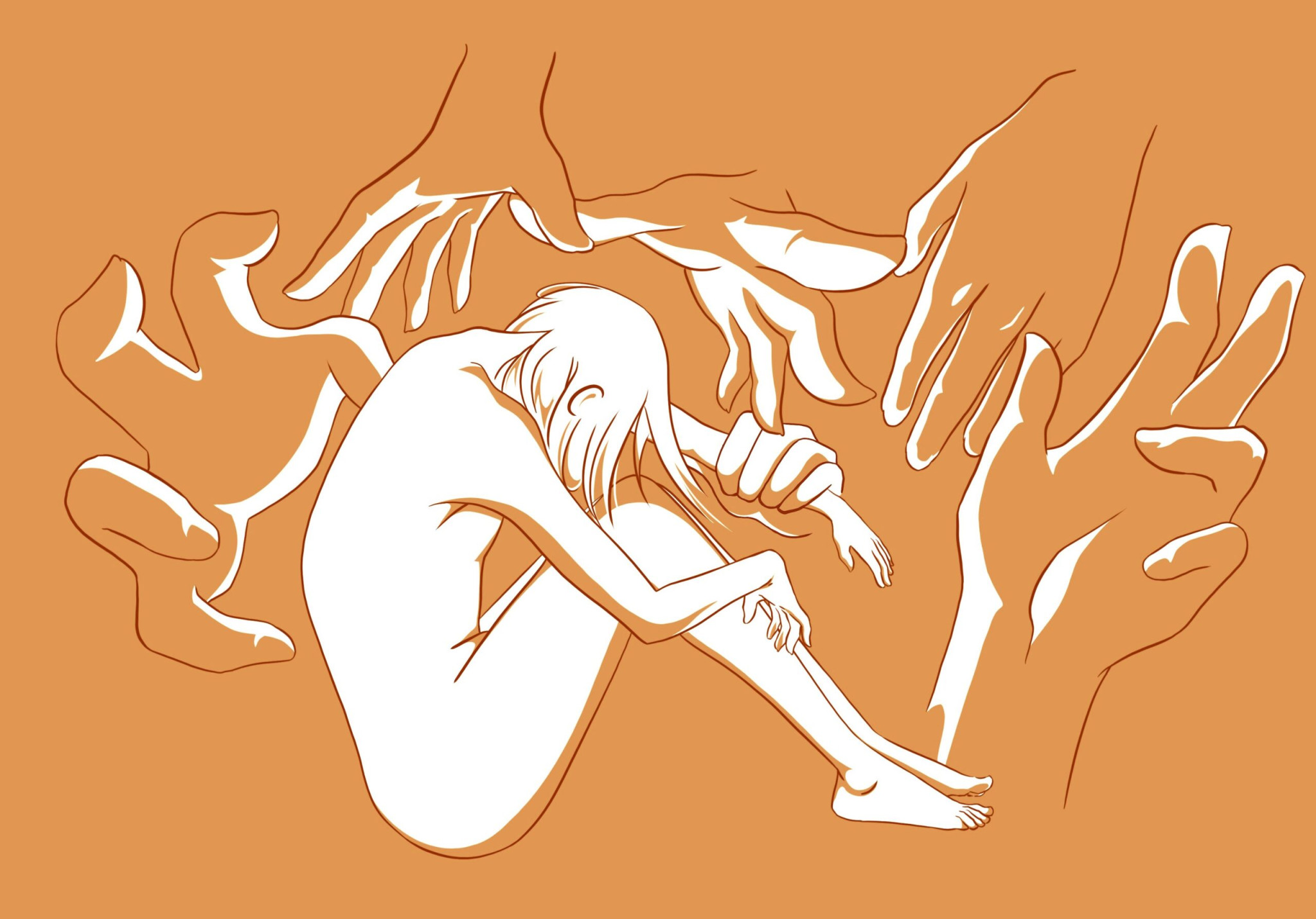We’ve all heard about it. Some see it as a daily activity, others view it as sinful. The taboo topic: porn. In today’s world, that no longer means explicit drawings or photos from a magazine. Rather, the 21st century has translated it to Pornhub. A website launched in Canada in 2007, it quickly spread throughout the world, gaining millions of viewers a day. As of recent, there have been questions raised about the ethics of Pornhub, specifically related to the exploitation of minors. Videos of young girls being sexually assaulted and raped have been uploaded onto the site, and although certain cases have led to the videos being taken down — and sometimes, though rarely, the arrest of assailants — Pornhub somehow never seems to take responsibility for the sickening and illegal content on their website. In Redwood City, California, a 49-year-old substitute teacher was arrested for forcibly committing sexual acts on a 14-year-old girl, videos of which were subsequently uploaded to Pornhub. The woman was arrested, but not before the video was seen and reported by the victim’s classmates. Pornhub evaded all charges and responsibility.
A rise in cases like these led to backlash against Pornhub, which as of late 2020, announced that they would commit to the following new regulations: to only allow uploads by verified creators, as well as the implementation of a new, more rigorous verification process, and banning downloads, effective immediately. This new rule is possibly one of the biggest steps taken by the website, although it may actually be more detrimental than before, as it allows the site to claim total innocence, were videos to be downloaded by some other means. And finally, they promise to enact a new measure in which a “red team” would be hired with the sole purpose of monitoring and taking down harmful and illegal content. Although these new measures seem promising, they are all descended from a larger and more imposing issue — the ethics of porn itself. If the children of this decade are indeed, as mentioned above, watching violent and dehumanizing sexual content, shouldn’t some sort of heavier intervention be made? The problem here stems from deeper misguided ideals surrounding teenagers and their sexuality, as well as extensive internalized misogyny.
When we grow up, we not only are learning who we are as people, but also who we are as sexual beings. We face projections about who we should be, which in turn begin to affect who we think we should become. Young boys are bombarded with constant sexual ideals they begin to assume to be true: asserting dominance, age gaps, strength. Women face the same challenges on the opposite side of the spectrum. To attain full desirability, they are told to have smooth, pale skin, to shave their entire body, and to appear slim. All these factors are synonymous with the body of a child, which should seem just as disturbing as it sounds. When faced with the facts, we have to pose an uncomfortable question: are we preaching pedophilia?
The issue isn’t circumstantial, rather, it’s become one that almost all teenagers face. A study conducted at a public university in New England by doctors Chiara Sabina and David Finkhelor concludes that about 7 to 10 percent of students surveyed were first exposed to porn at age 10, and 73 percent claim they saw porn before the age of 18 — popular “first see” ages ranged from 14 to 16. Given this, and also the fact that just under half of the girls surveyed say they were involuntarily exposed to porn, it should almost be expected for modern-day teens to grow up with completely unrealistic sexual ideals. How can we ask our youth to step out into the world, having been taught to see women as possessions and men as possessors? It seems as though today’s leading pornography sites ask that we normalize rape and assault, as well as grossly explicit and shocking sexual acts involving children, family members and even animals.
In the article, “Watching Pornography Rewires the Brain to a More Juvenile State” by neuroscience PhD student Rachel Anne Barr, it’s stated that “the perpetuation of sexual violence online is particularly troubling, as rates of real-life incidences may escalate as a result. ... Porn use has been correlated with erosion of the prefrontal cortex — the region of the brain that houses executive functions like morality, willpower and impulse control.” This is quite frightening, particularly when taking into account the huge scale of porn viewers. Millions of people are victims of the thousands of different dangerous possibilities offered by porn — our brains could quite literally be harmed and “eroded” by porn, yet somehow the world seems unfazed.
It’s exceptionally important to address these subjects nowadays, when people everywhere have easy access to the goods and evils of the internet. In an age when we are finally beginning to see sex as something natural, it’s more vital than ever for this new, self-proclaimed sex positive generation to understand the detrimental effect porn can have on us as we grow to be the world’s future leaders. We have to learn to be open to talking about such matters without humiliation or guilt, so we can undoubtedly see the system that is exploiting us. The idea of being sex positive does not apply to hours of online porn videos, nor does it stand when the supposed positivity directly relates to sexual violence. It’s time to hold porn sites accountable. We cannot preach feminism or sex positivity if we are still listening to the disturbing immorality of platforms such as Pornhub.





